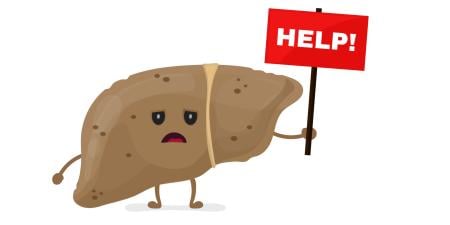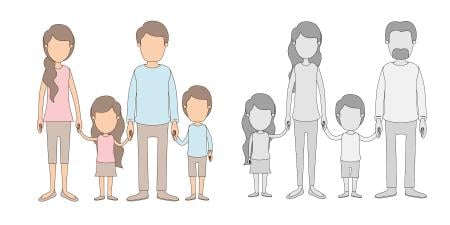Pediatrics
Since most pediatric patients are unable to fully understand their medical conditions and cannot make informed decisions for themselves, pediatricians must deal with the parental decision makers. The resulting decisions usually end up being in the child's best interest. With advancing medical technology, parents are confronted with increasingly more options for tests and procedures, some of which may be unnecessary and perhaps not even in the child's best interest. At the same time, more pediatric patients are surviving illnesses that were once fatal. As a result, there are minors with chronic illnesses who are, as they become adolescents, increasingly competent to make health care decisions. Because medicine in particular and our society in general value the development of and respect for moral agency, we encourage the increasing participation of adolescents in their health care treatment decisions. Sometimes a child's decisions are contrary to what the parents consider to be in the child's best interest and differ from decisions the parents would make and have made up to that point in the child's care. These clinical situations pose enormous challenges to pediatricians as they strive to do what they think is in their patients' clinical, psychological, emotional, and future best interests.















